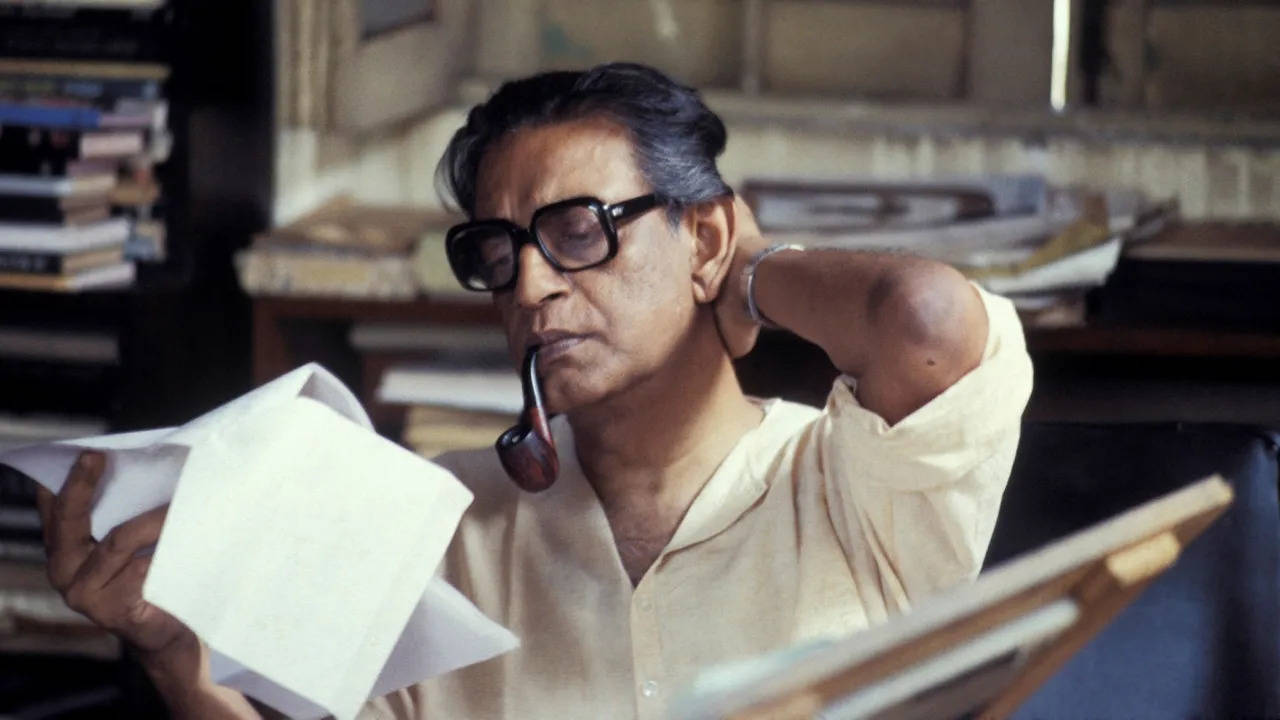Satyajit Ray ‘first owner’ of ‘Nayak’ copyright, Delhi High Court upholds order | Bengali Movie News
The bench also clarified that the privilege to adapt the film’s screenplay into a novel was rightfully held by the late filmmaker.
This judgment was delivered by the division bench comprisingJustice Yashwant Varma and Justice Tushar Rao Gedela on August 11. They noted that the plaintiff or the appellant did not claim at any juncture that the screenplay’s authorship could be attributed to someone other than the late Satyajit Ray.
Drawing from this assertion, they deduced that according to Section 17 of the Copyright Act, the copyright should naturally be attributed to the original author of the literary work, in this case, the revered Mr. Satyajit Ray.
The background of this case emerges from a lawsuit where the plaintiff, RDB and Co HUF, alleged that R D Bansal had initially commissioned Satyajit Ray for the tasks of writing the screenplay and directing the film “Nayak”. Professing to be the rightful “successor in title” to Bansal, the plaintiff contended that the copyright associated with the movie always lay with Bansal. Additionally, the plaintiff pronounced themselves as the original producer of the film. They further claimed that the adaptation of the film’s screenplay into a novel by Bhaskar Chattopadhyay and its subsequent publication was an infringement of their copyright.
However, the single-judge bench, in its order dated May 23, stated that since Satyajit Ray was the primary holder of the film’s screenplay copyright, the rights to novelize it also rested with him. Following his passing, this right could have been handed over by his successors, which includes his son. They could transfer this right to another entity as per the Copyright Act’s stipulations.
In line with this reasoning, the single-judge emphasized that the decision of Sandip Ray and the SPSRA (Society for the Preservation of Satyajit Ray Archives) to transfer the rights for novelization to the defendant was fully compliant with the Act.
In concurring with the single judge’s ruling, the division bench highlighted a critical observation. Even if the plaintiff/appellant was the actual producer of the film “Nayak”, it was beyond their purview to stake a claim over the screenplay’s supervening rights. This assertion was solidified by drawing reference to Section 13(4) of the Copyright Act. This particular section dictates that a film’s copyright, or for that matter a sound recording’s, should not impact the distinct copyright of any work, wholly or partially, from which the film or sound recording is derived.
#Satyajit #Ray #owner #Nayak #copyright #Delhi #High #Court #upholds #order #Bengali #Movie #News
editor's pick
latest video
news via inbox
Nulla turp dis cursus. Integer liberos euismod pretium faucibua

